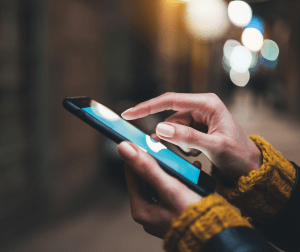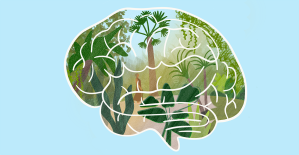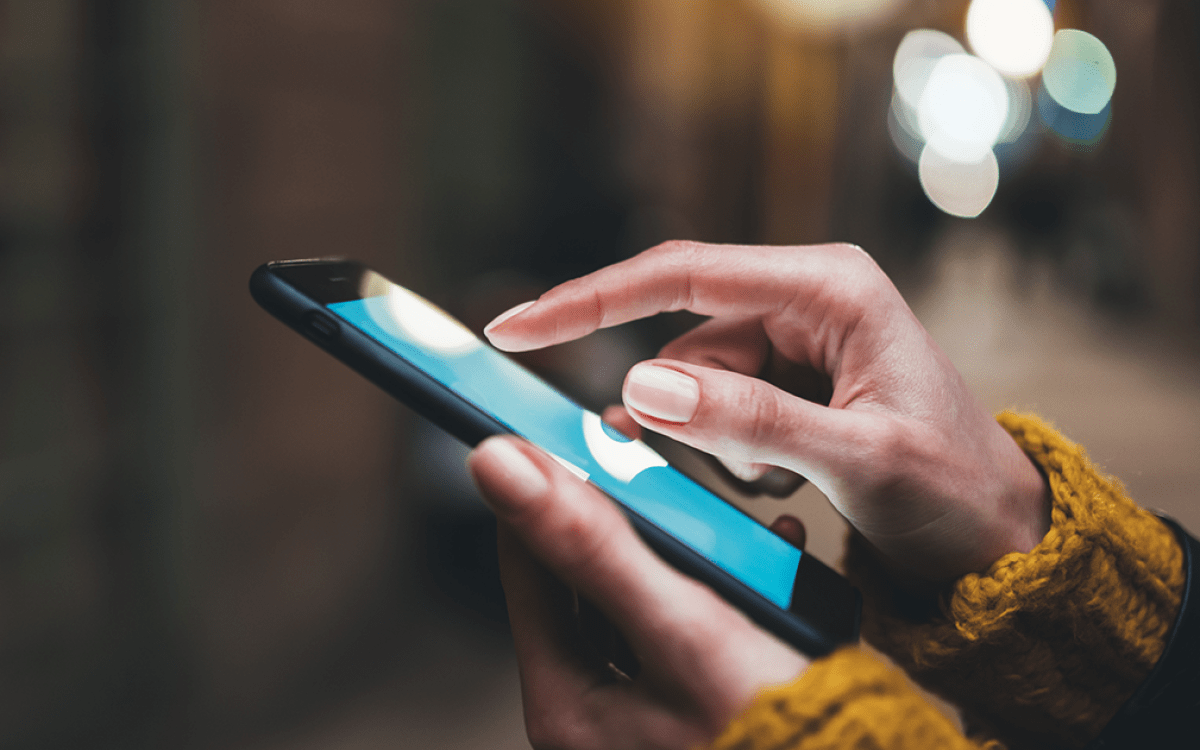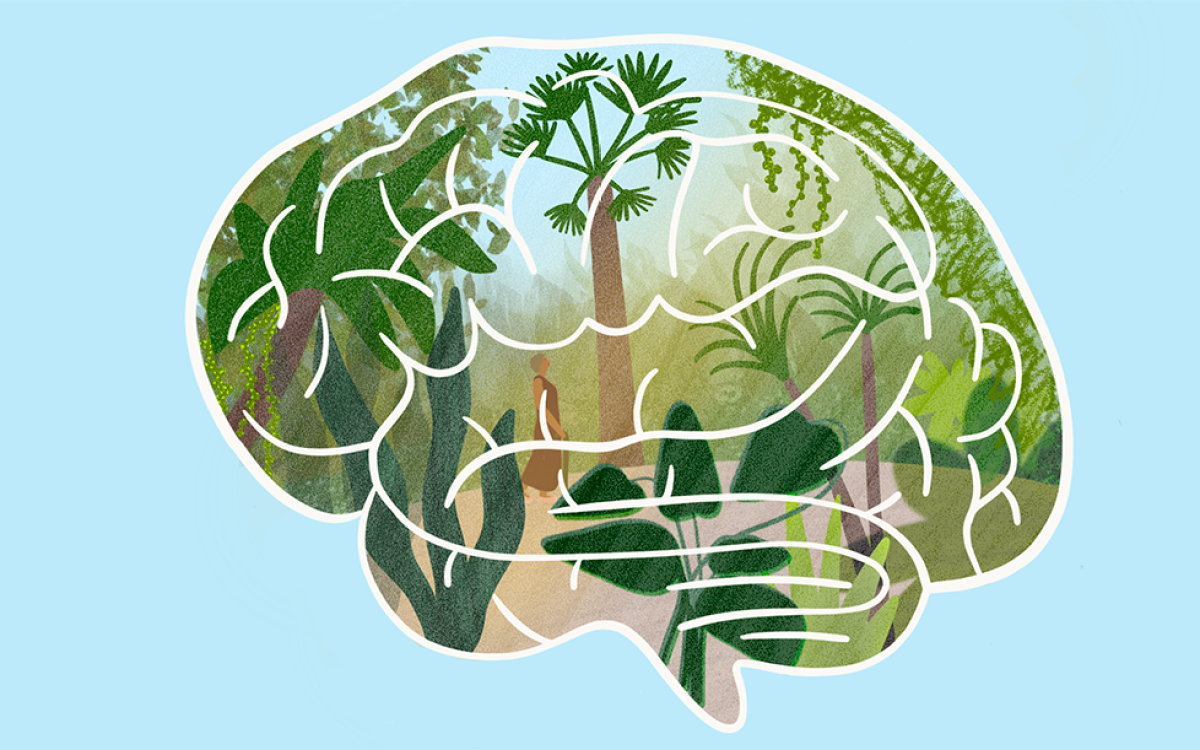Study shows importance of sleep for optimal memory functioning
Harvard researchers have tracked fatigue’s footsteps on the human brain, showing that sleeplessness impairs the ability to learn new information and that abnormal brain function, not reduced alertness, is the cause.
The study, released in the journal Nature Neuroscience, adds a new wrinkle to the unfolding story of the importance of sleep for memory function and builds on earlier studies that show that sleep deprivation after an event also impairs memory formation.
The study found that student volunteers who had been awake for 35 hours before viewing images performed an average of 19 percent worse remembering those images two days later, after catching up on their sleep.
Further, using functional magnetic resonance imaging (MRI), the researchers traced the initial learning impairment to the hippocampus, a part of the brain researchers described as its “short-term memory,” analogous to a computer’s RAM or cache memory. Activity in the hippocampus was significantly decreased among sleep-deprived volunteers in the study.
The study’s senior author, Matthew Walker, an assistant professor of psychology in Harvard Medical School’s Psychiatry Department, said the study’s most important scientific finding is that the impairment comes from impaired brain functioning – almost as if a temporary lesion had formed on the hippocampus – rather than merely from reduced alertness and an inability to take in the images.
“It wasn’t the concentration system that was impaired, it was the memory systems,” Walker said. “At this level of sleep deprivation, people mobilize their concentration systems to levels similar to those subjects who sleep normally the night before.”
Walker, who heads Beth Israel Deaconess Hospital’s Sleep and Neuroimaging Lab, worked with colleagues Peter Hu and Ninad Gujar from Beth Israel Deaconess and Associate Professor of Radiology Seung-Schik Yoo and B. Leonard Holman Professor of Radiology Ferenc Jolesz from Brigham and Women’s Hospital.
Walker said the results for the sleep-deprived students were as much as 40 percent worse than those who had slept normally before viewing the images.
“That’s the difference between acing an exam and failing it miserably,” Walker said. “You cannot commit new experiences to memory if you haven’t had a good night’s sleep.”
While animal studies have looked at sleep deprivation’s impact on memory formation for subsequent events, this is the first to explore the effects in humans.
Walker said the brain’s memory functions are varied and complex. During sleep, he said, the hippocampus sends signals to the large, upper neocortex, which serves as the brain’s long-term storage, analogous to a computer’s hard drive. It appears that the process clears the hippocampus and gets it ready to function the next day. A lack of sleep, Walker said, may keep the hippocampus jammed with unprocessed old memories and unable to store new memories properly.
The study was conducted under controlled circumstances to minimize disruption from things like caffeinated drinks or late night entertainment, Yoo said. Subjects viewed slides through MRI-compatible goggles while lying down inside the MRI machine. He had them push a response button as they were viewing to ensure they were awake. Despite that, one subject fell asleep while viewing the slides and those results had to be discarded.
The research grew out of a talk Walker presented to a gathering of teachers on the importance of sleep. After describing research on how sleeplessness after an event impairs memory formation, a teacher asked a question about sleeplessness before an event, saying her students often come to school sleepy.
After searching the literature and finding only animal studies on the subject, Walker realized research on humans had not been conducted.
“The teacher asked, ‘What if my kids are coming into the classroom tired?’” Walker said. “I realized we’d missed the boat here.”
The study is relevant outside the classroom as well, Yoo said. In today’s sleep-deprived America, many professions, including doctors, astronauts, and members of the military, are regularly asked to perform complex functions despite having had little sleep.
“The human is probably the only species that deliberately deprives itself of sleep,” Yoo said.
Yoo said there remain many unanswered questions about sleep and memory. The study did not examine whether there is a sleep “threshold” beyond which impairment occurs or whether a “power nap” would have changed the results.
As evidence continues to build that the brain performs important memory functions during sleep, there may be important applications for the elderly and those suffering from dementia, both of whom experience sleep and memory problems, Walker said.
For those groups, it had been thought that sleep and memory impairments were merely happening at the same time, but increasing evidence of the functional importance of sleep in memory formation is causing researchers to consider whether sleep impairment is causing memory problems. If that’s the case, Walker said, there may be relatively simple interventions aimed at improving sleep that could also help memory.
“It becomes a treatable target,” Walker said. “We may be able to restore some capacity, not all of it, but some.”




